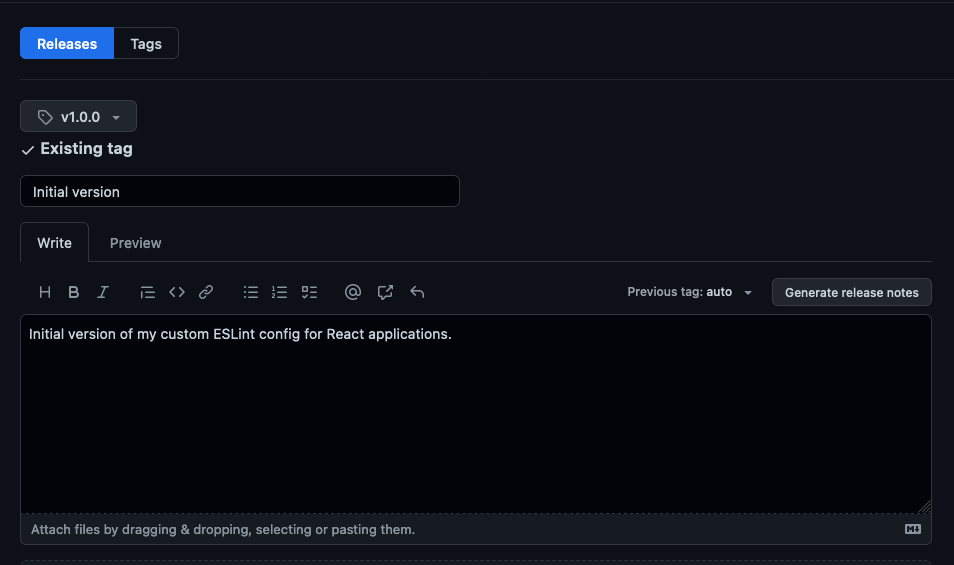Should I commit node_modules directory to git?
Published at:Published at:Updated at:
TL; DR: No. Please add node_modules to your .gitignore file:
node_modulesBut, why?
The node_modules directory is where your package manager (that can be npm, yarn or pnpm) will install all the project dependencies listed on your package.json. Regardless of the package manager you choose, a lockfile (package-lock.json, yarn.lock or pnpm-lock.yaml, respectelly) will be generated in the first time you install your project dependencies, describing the entire dependency tree. This way, every time you need to reinstall your project dependencies, you shall get the exact same files.
The lockfile should be commited to git, enabling the re-installation of the tree of dependencies in any other ambient, what makes unecessary to commit the node_modules directory to git (also, it cuts the size of your repository by a lot, as node_modules can consumes gigabytes of space).




